Coffee is the most popular breakfast beverage in the U.S. About 83% of adults drink it, according to the National Coffee Association. But how many know what coffee does once it enters the body? The drink has macronutrients and antioxidants, but caffeine is hands down the biggest hero and culprit in what we experience when we enjoy a cup of joe. The effect caffeine has on us is surprisingly…refreshing.
1. Awareness
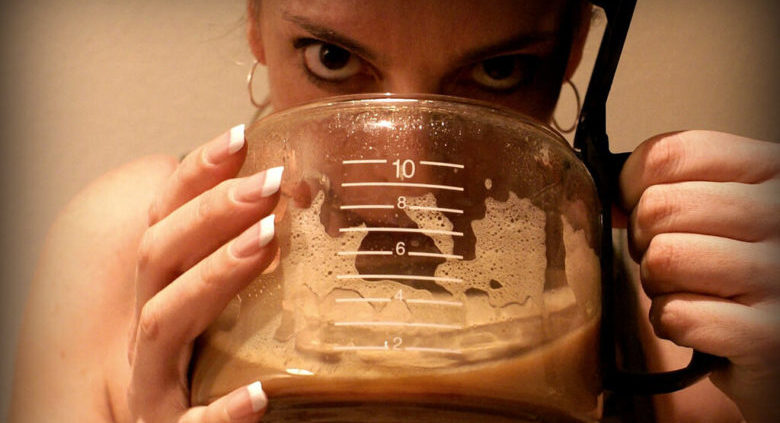
About 20 minutes after your first sip of coffee, the caffeine will help you to feel more alert and help you to concentrate better. No surprise here. But did you know it may even help your memory? If you want to get technical, read on. If not, hit Next Page. Human cells contain a chemical called adenosine. In the brain, adenosine acts like a depressant, promoting sleep. However, nerve cells in the brain mistake caffeine for adenosine and allow the caffeine to bind to the adenosine receptors, expecting the chemical to slow the nerve cell’s activity. Wrong answer! It’s caffeine!!!! It blocks the sleepy adenosine and causes the brain’s neurons to fire and the brain’s blood vessels to constrict…which is why caffeine helps vascular-based headaches. Now you can click Next Page.
2. Energy
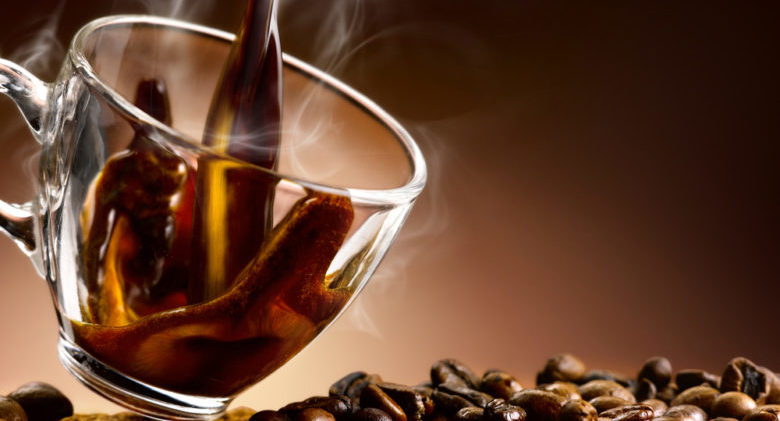
Caffeine is not only a stimulant, it is a fat-soluble chemical that easily passes from your bloodstream into your brain. As stated, it tricks the brain into thinking it is the calming chemical, adenosine, and in fact does not calm but rather stimulates your brain cells. Coffee isn’t exactly a sports drink, but the caffeine boost it supplies jump starts metabolism, increases endurance, improves focus and lessens pain. Its most effective just before a tough, high-intensity workout…or before tackling a tiring task.
3. Fight Or Flight
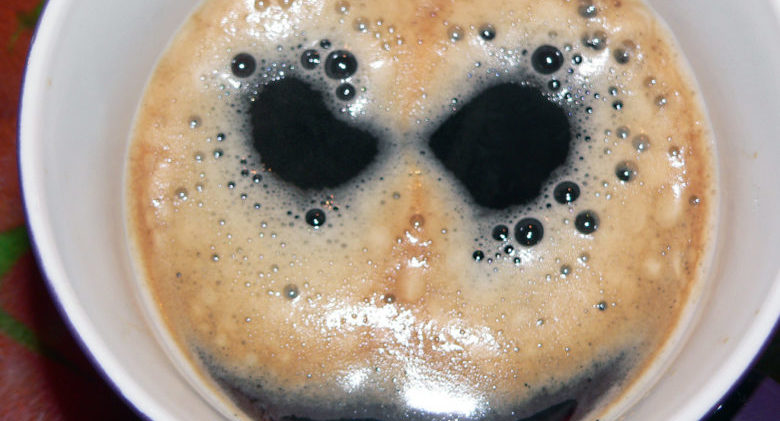
As the brain’s cells fire more rapidly, the pituitary gland notices the increased activity and reacts as if it were an emergency. It releases hormones telling the adrenal glands to produce adrenaline. This leads to the “fight or flight” syndrome which causes your pupils to dilate, your heart rate to increase and your blood pressure to jump a little (since the blood vessels are constricted). It also causes your muscles to tense and breathing tubes to open wider, allowing you to breathe easier. These effects occur about 20-30 minutes after drinking.
4. Eyesight
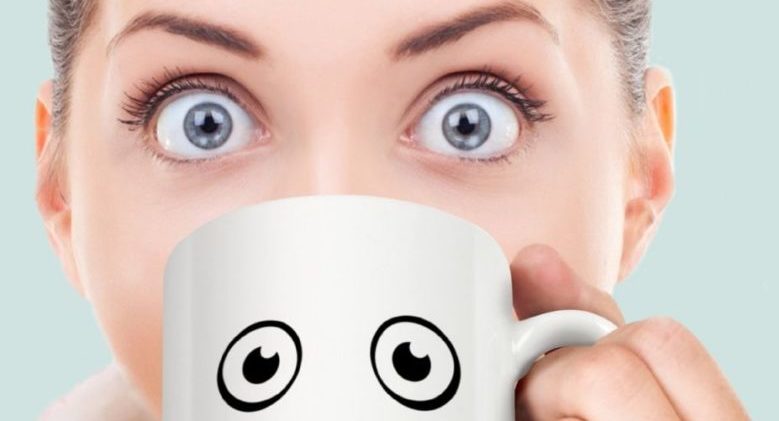
Caffeine is known for keeping eyelids open. But does it affect your actual eyesight? When the adrenal glands release adrenaline, your pupils dilate slightly…which could lead to sharper vision, at least for awhile. This happens within 20 minutes of drinking the java. However, it’s not all positive. Researchers discovered a link between drinking three or more cups of caffeinated coffee per day and a higher risk of exfoliation glaucoma. This study specified caffeinated coffee and excluded other caffeinated beverages.
5. Athletic Ability
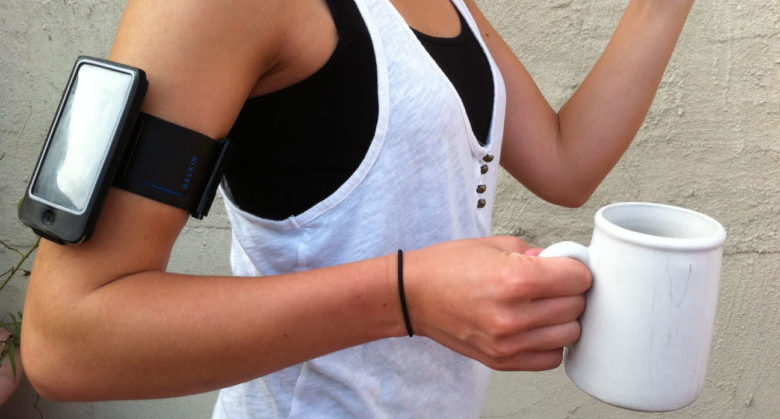
It’s believed that coffee (via the caffeine) not only gives your energy a boost but also gives your physical skills some help. For starters, caffeine can increase the concentration of serotonin in your blood (and digestive track and brain). Serotonin is a chemical neurotransmitter, or signal carrier. Caffeine might also make your muscles more efficient by increasing motor nerve cell efficiency. The adrenaline boost that accompanies a cup of caffeinated joe will give your energy level a kickstart. These effects typically take place 30 minutes after consumption. But don’t use the caffeine advantage to go for a long distance run…
6. You Gotta Go!
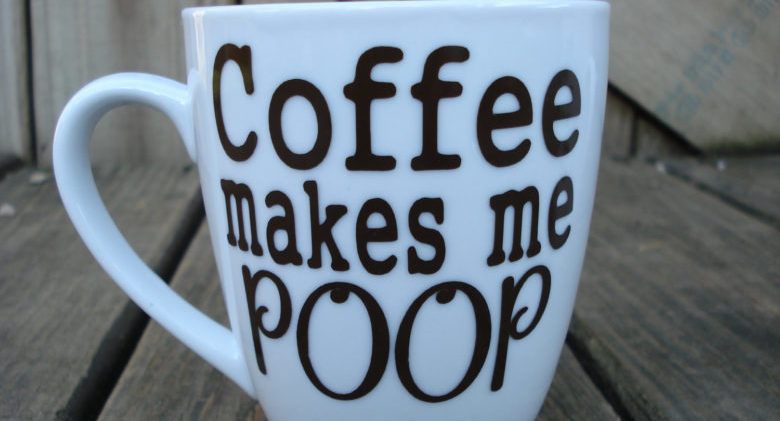
Caffeine has benefits, but it also comes with negative effects, namely increased peristalsis. That means your food will go through your digestive system faster…which might send you scurrying for a bathroom. This is how coffee gets its reputation as a laxative. Of course, this could be seen as a benefit if you drink coffee to stay regular. It works the other system, too, as a diuretic, leading to the immediate need to urinate. This will also give you reason not to stray too far from a toilet.
7. Dehydration
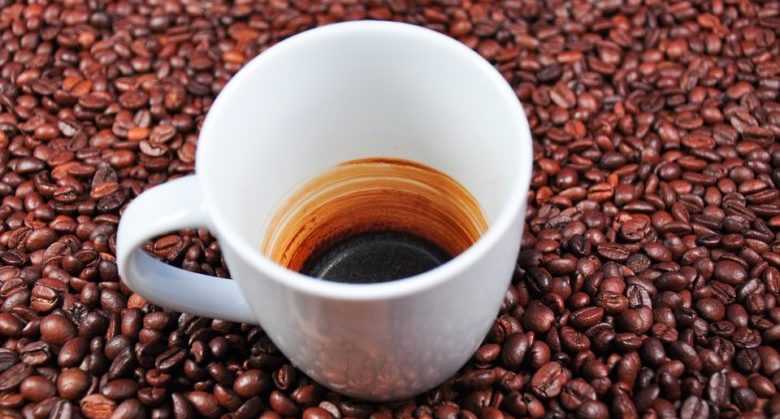
Because coffee is a diuretic—thanks to the caffeine—each time you urinate because of the coffee you consumed, you expel water. This saps moisture from your skin. If you drink four or more cups a day, the effect could be quite noticeable. It’s recommended to limit your intake to three cups a day to avoid the dehydrating effect, but even smaller amounts have shown to negatively affect the skin.
8. Heartburn
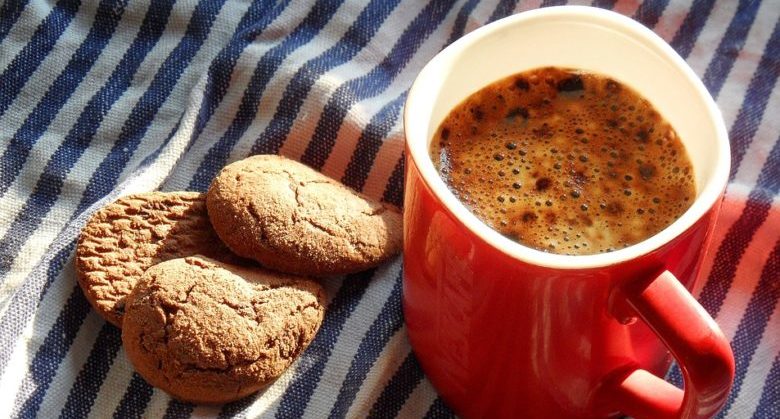
Caffeine is acidic, and a cup of coffee will raise the acid level in your stomach. The good news is this facilitates digestion. But when you drink a cup on an empty stomach, like that first cup in the morning, the extra acid can irritate the lining of your digestive track. That could lead to pain, bloating or heartburn. The solution could be a simple as eating something solid before you drink. If that’s not possible, try adding milk.
9. Mood
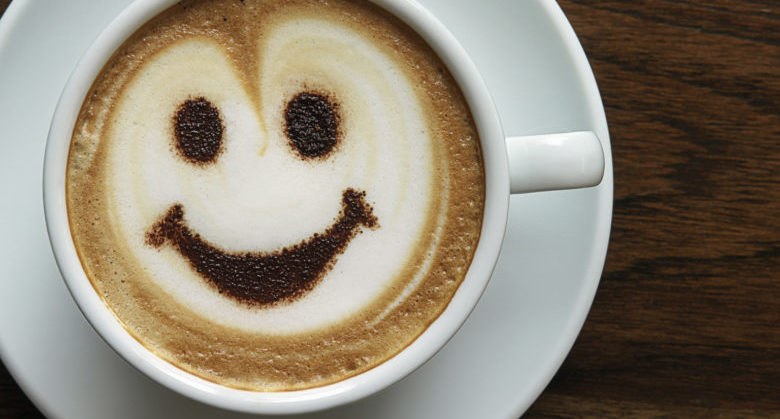
About an hour after that cup hits your belly and the caffeine rides the bloodstream, your body releases dopamine. This chemical neurotransmitter has a better-known name: the feel-good hormone. When released in the body, it can reduce anxiety and increase your feeling of contentment. Therefore, a cup of coffee might not only boost your focus, it can lift you to a better mood.
10. Teeth

Is coffee good for your teeth? If you drink a lot, your teeth can develop a yucky yellow sheen. But coffee also contains polyphenols, and these micronutrients have been shown to kill oral plaque and bacteria. That’s good! However, if you add milk and sugar, as soon as the plaque is dissolved, the milk and sugar can more easily access areas deep within your teeth. That’s not good. Dentist Keith Arbeitman pointed this out. Ironic enough, black coffee is actually best for your teeth.
11. Metabolism
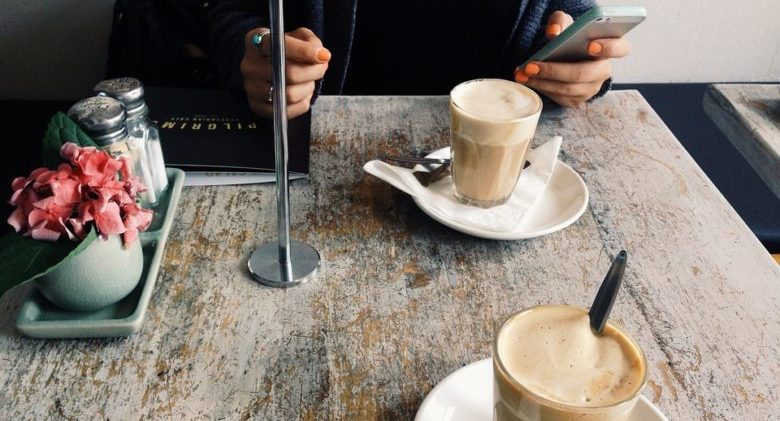
Two studies showed that coffee can increase metabolism. In 1980, a study in the American Journal of Clinical Nutrition showed that drinking a cup of caffeinated coffee after a meal can improve fat oxidation for about 2.5 hours. A 2004 study showed that coffee led to a 13% metabolic increase and the ability to process fat more easily, again, thanks to the caffeine. It stimulates the nervous system which signals cells to break down fat. Unfortunately, obese individuals experience a reduced benefit that’s not even noteworthy.
12. Headaches

Dr. Todd D. Rozen, director of the Geisinger Headache Centers in Pennsylvania, says that caffeine can both cause and cure headaches. Drinking caffeinated coffee during a headache can constrict the cranial blood vessels and alleviate pain. This is especially true with certain migraine headaches. If you drink coffee while taking an anti-inflammatory, the caffeine will enhance the absorption of the medicine. However, consuming caffeine daily over long periods can actually cause headaches.
13. Reliance

Now that you’re celebrating the benefits (and probably disregarding the disadvantages), keep these points in mind. Caffeine can help you if you need a jolt of energy to accomplish something in the short term, like driving home awake and alert or powering through a project. However, the more you drink, the more your brain will rely on caffeine to function. And if you miss your morning cup, for example, you’re more likely to have trouble concentrating and be more irritable and anxious. Most research gives the green light for 1-3 cups of caffeinated coffee a day. Enjoy!
[Featured Image Credit: blog.paleohacks.com]
